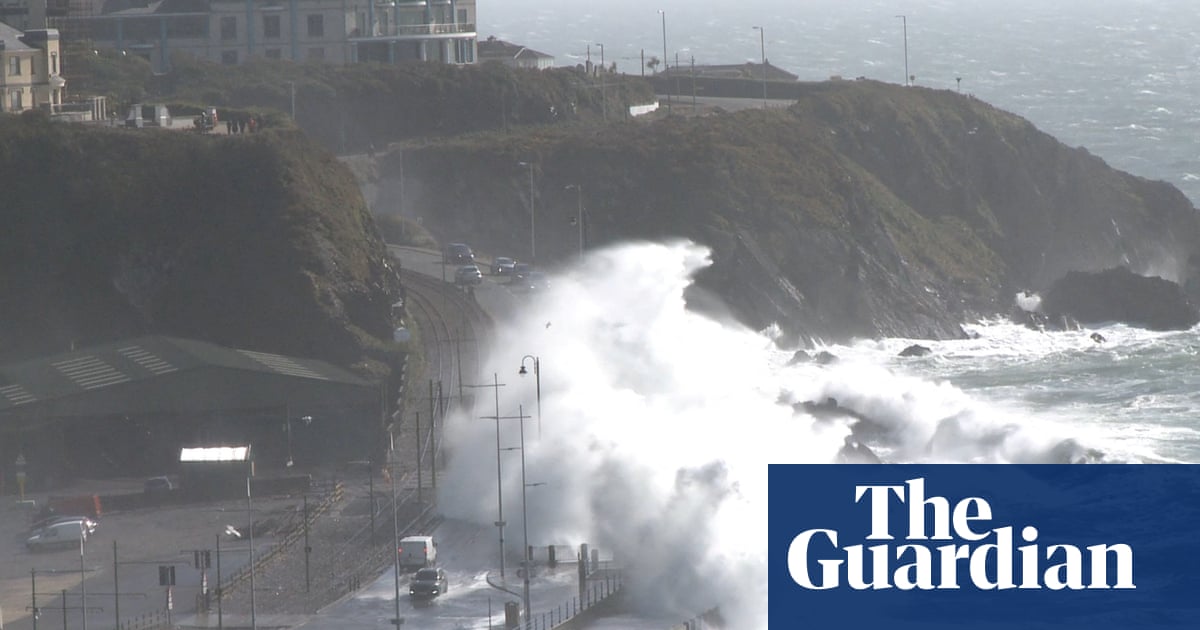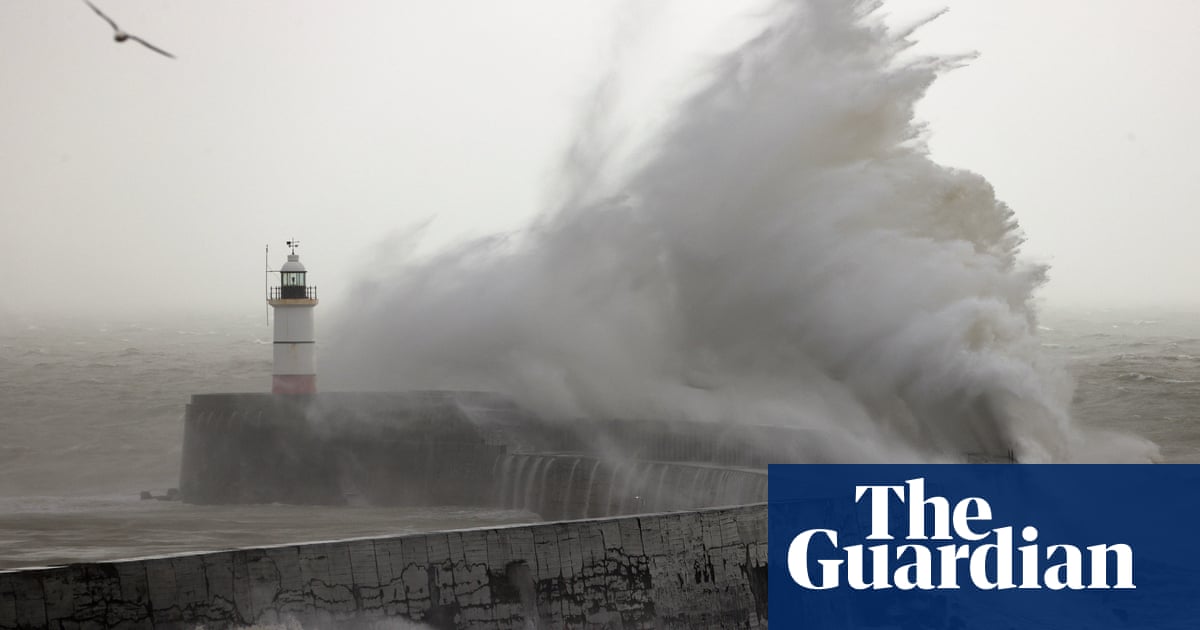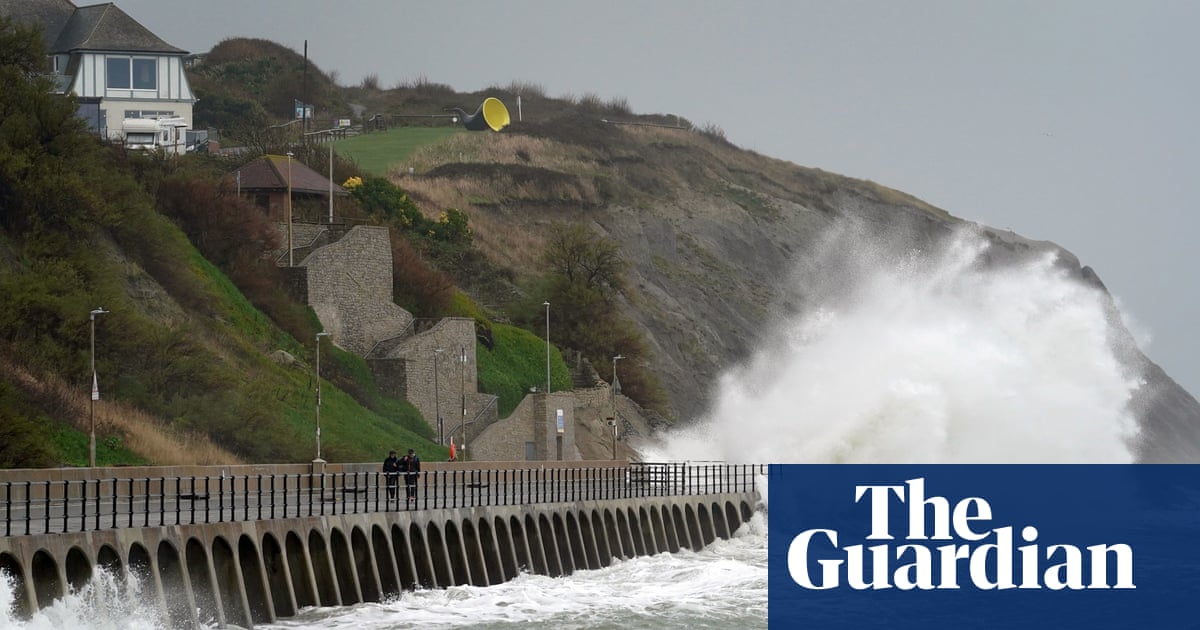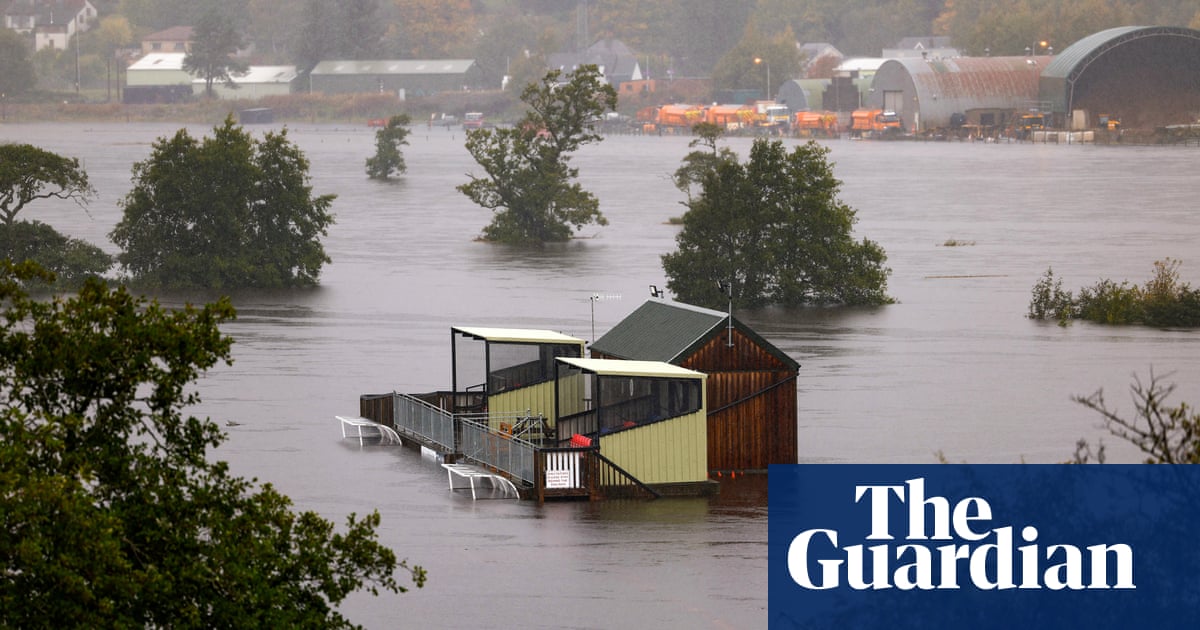
Storm Kathleen brought strong winds to Ireland and the UK at the weekend, causing travel and power disruption. The storm, named by Met Éireann, developed in the Atlantic on Thursday, deepening explosively as it pushed northwards to the west of Ireland.
Peak wind gusts of 40-60mph (65-95km/h) were recorded quite widely across Ireland, Northern Ireland, Scotland and western parts of England and Wales on Saturday, with some Irish Sea coastal regions experiencing gusts above 70mph. A gust of 72mph was recorded at Drumalbin, Lanarkshire.
Delays and cancellations were reported at a number of airports and Aer Lingus suspended some services. At least 34,000 homes were affected by power cuts in Ireland. In Northern Ireland, the Titanic Belfast museum sustained some roof damage, forcing the attraction to close on safety grounds.
The storm system was responsible for driving very warm air northwards from north Africa into many western and central parts of Europe. Temperatures across large parts of Spain, France, the Netherlands, Belgium, Switzerland and Germany reached the low to mid-20s celsius on Saturday, with highs above 30C (86F) across south-west France and Germany.
A peak temperature of 33.9C was recorded in Navarrenx, France, on Saturday, with an overnight minimum temperature of 22.5C recorded in Biarritz. This is provisionally the highest minimum temperature ever recorded in the country during the month of April. Germany had its earliest 30C day on record, with 30.1C recorded in the south-western city of Ohlsbach. This surpassed the previous record by nine days.
Saturday was provisionally the warmest day of the year so far for the UK, according to the Met Office, with 20.9C recorded at Santon Downham, Suffolk, about 8C above average for the time of year.
It will remain rather unsettled across north-west Europe this week, with further areas of low pressure bringing showers or longer spells of rain, while high pressure will build across much of central and eastern Europe, resulting in temperatures well above normal. In some areas there will be highs of 10-15C above the average.
The high temperatures follow what was a record-breaking March for a number of European nations. Germany had its warmest March since records began in 1881, with mean temperatures 2.77C above average at 7.4C (45.3F). In the Czech Republic the average monthly temperature was 7C, 3.8C above normal and the highest since 1961. In the Netherlands, an average temperature of 9C (48.2F) made it the warmest March since records began in 1901.












